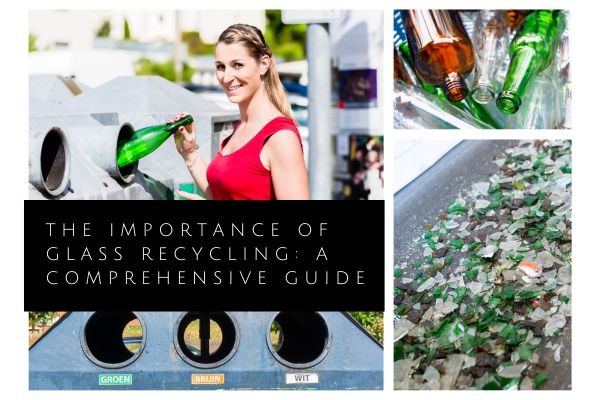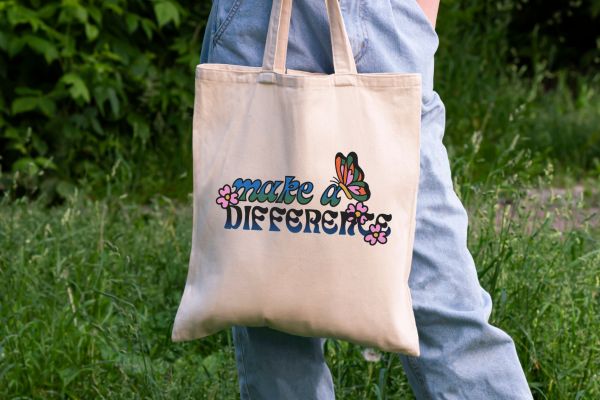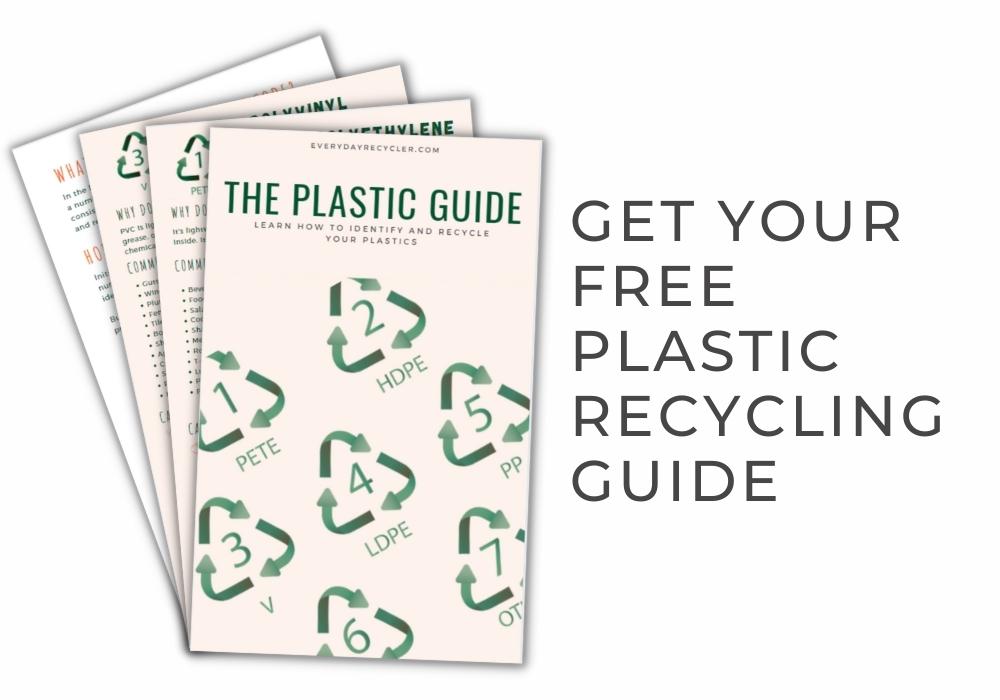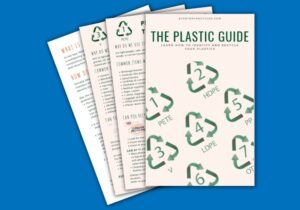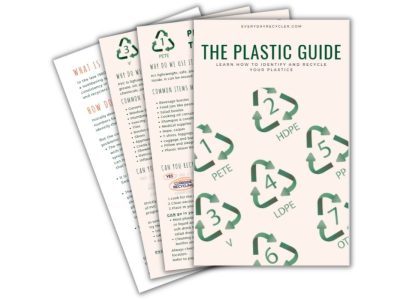I make a conscious effort to avoid fast fashion, opting instead for second-hand clothing. So when I hear brands like Shein, H&M, or Temu mentioned, I can’t help but cringe.
I recently read that Shein, in collaboration with Donghua University, has developed a polyester recycling process. The company aims to use this method to increase the recycled polyester content in its products to 31% by 2030. While I support greater use of recycled materials, I see several issues with their approach.
Shein claims this new process can utilize both pre- and post-consumer polyester waste. However, they also mention using polyethylene terephthalate (PET) bottles (commonly found as water or soft drink bottles) as a feedstock. This raises concerns. If collecting and processing textile waste proves too expensive or challenging, will they simply default to using plastic bottles? I don’t think that would be a great outcome.
Full transparency, through my website I support a number of brands that incorporate recycled polyester made from PET bottles. I believe it helps to normalize the use of recycled materials but also these brands are more often small brand with low impacts or that give back in many other ways. For a company of Shein’s scale, repurposing plastic bottles in this way seems like step backwards. Real progress would come only if they were to recycle the pre- and post-consumer fashion waste.
Shein also claims their new fabrics can be recycled multiple times without degrading significantly, but they offer no clear plan for how this would happen. Most consumer’s have limited access to textile recycling so this promise seems impractical, at least in the near future.
Furthermore, this initiative does nothing to address Shein’s significant carbon footprint, largely driven by excessive transportation. The company’s practice of shipping items separately to avoid import taxes adds unnecessary emissions—transportation alone accounts for 38% of their climate impact, according to their own sustainability report.
While Shein promoting recycled materials is valuable, is it actually a step forward? They are not addressing the fundamental problem: excessive consumption. If anything, it risks creating a false sense of sustainability, encouraging shoppers to continue overconsuming under the illusion that recycling or recycled content makes it guilt-free.
The problem is can we really expect a large brand like Shein to put themselves out of business by encouraging people to buy less. I think that’s pretty unlikely.
So maybe this course of action is actually a step in the right direction. If the brand continues to exist then we at least want them to be making some effort to reduce their impact. What if it works to reduce their overheads and they take it even further, increasing the 30% recycled to 100% recycled content? What if they create a reverse supply chain and actually start taking their clothes back for recycling? What if by making these changes they have a postive influence on the whole industry?
Personnally I still think the better solution to fast fashion is to slow it down. But I could live with some of these outcomes if they were to come true. They would at least put us in a better position than we are in today.
What do you think?
Read more about Shein’s plans and fast fashion in general:
- Inside Shein’s plan to recycle ‘deadstock’ material into new clothing
- Shein’s Sustainability Push: Real Change or Strategic Greenwashing?
- What is Fast Fashion and Why is it Bad?
- Circular Fashion: The Road to Achieving Full Clothing Recycling
- Why H&M is turning away from polyester recycled from bottles








